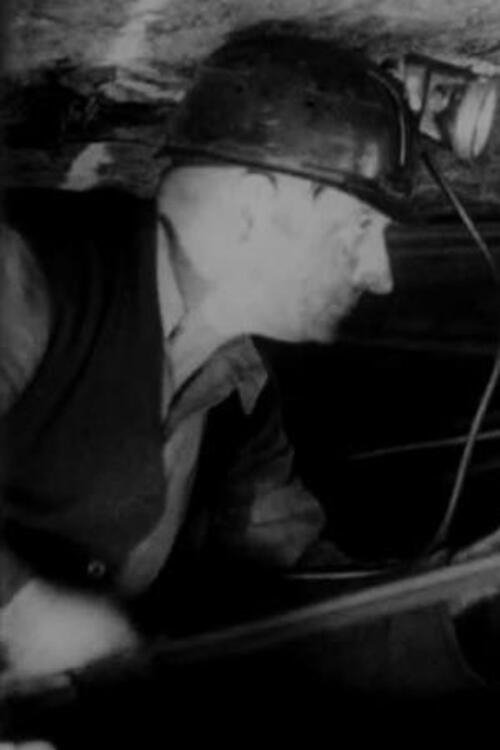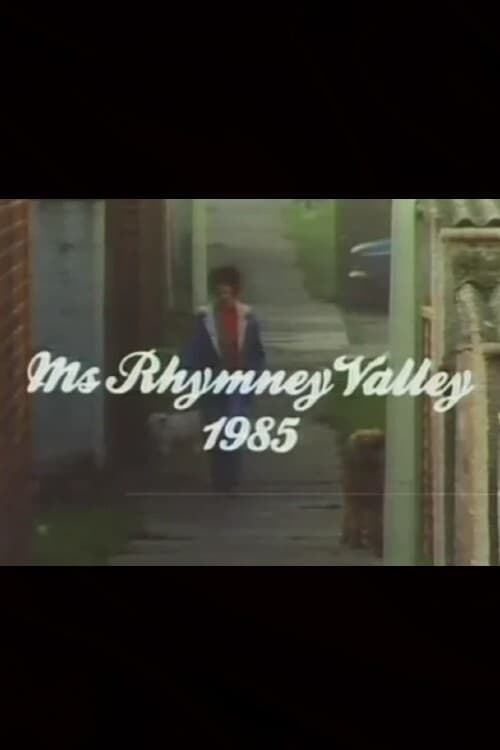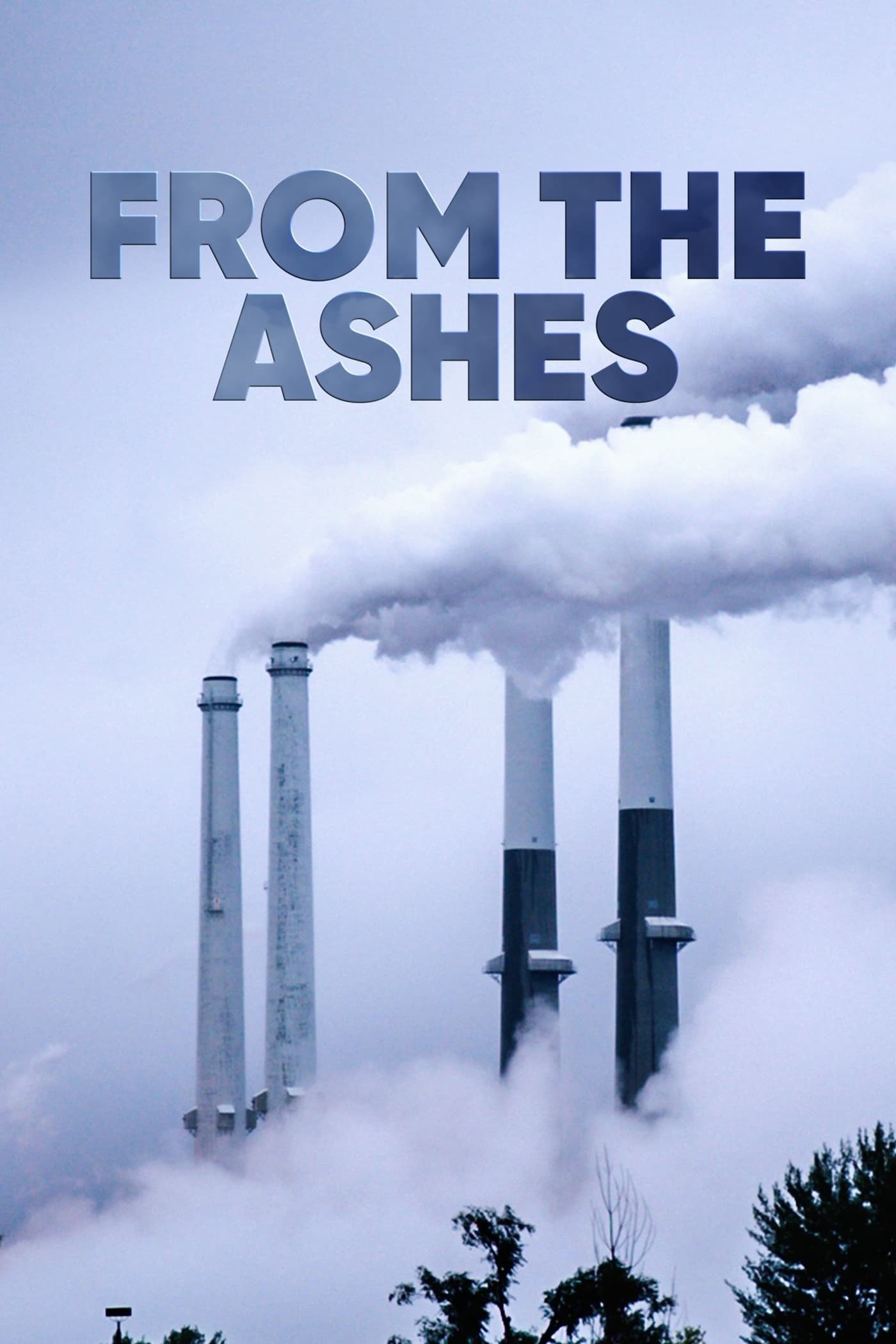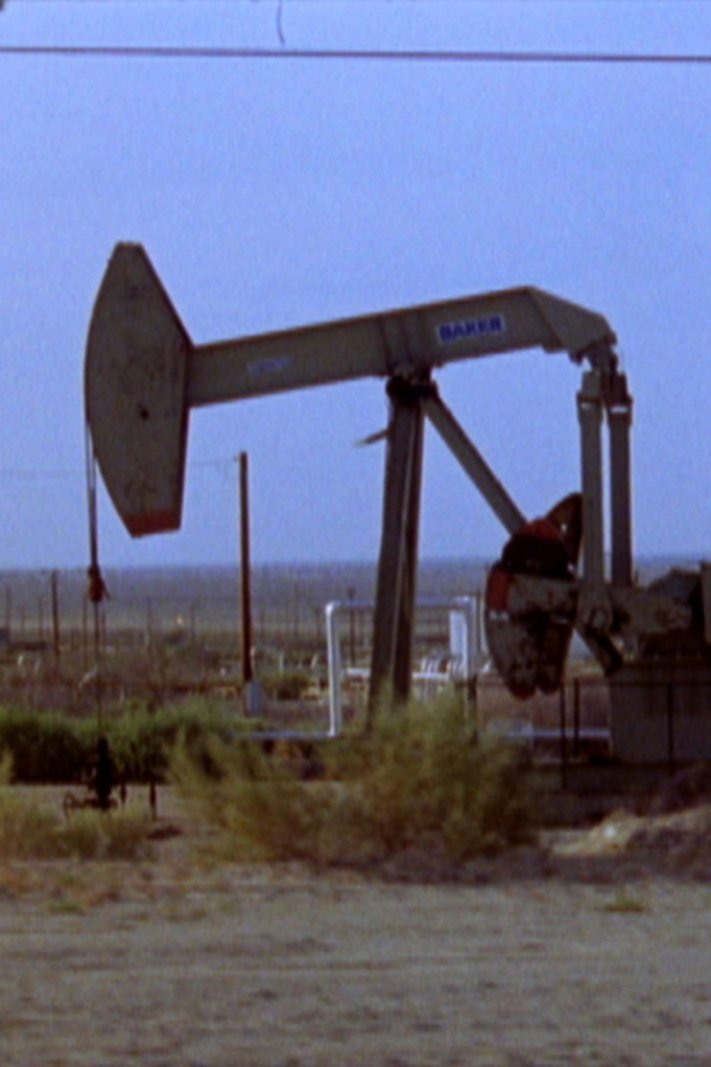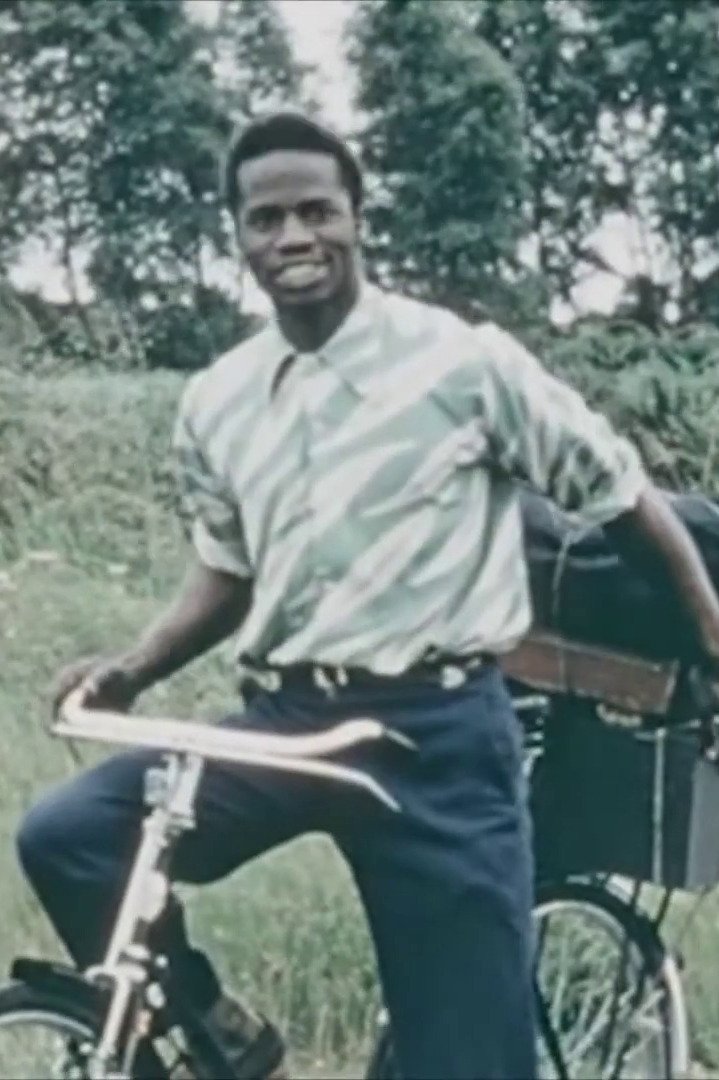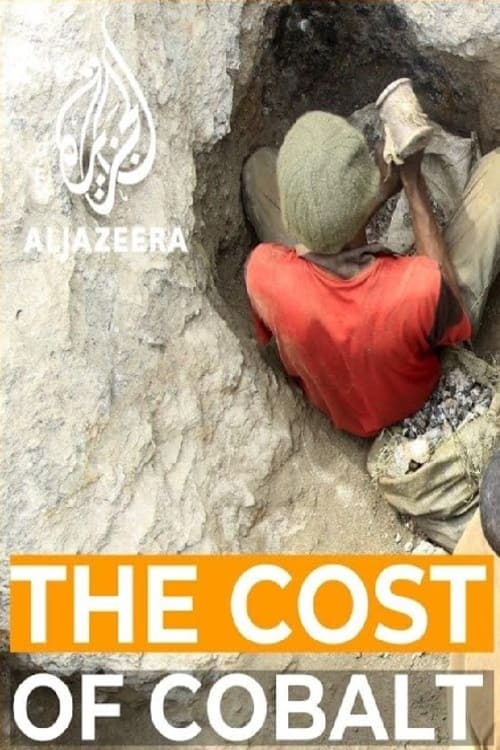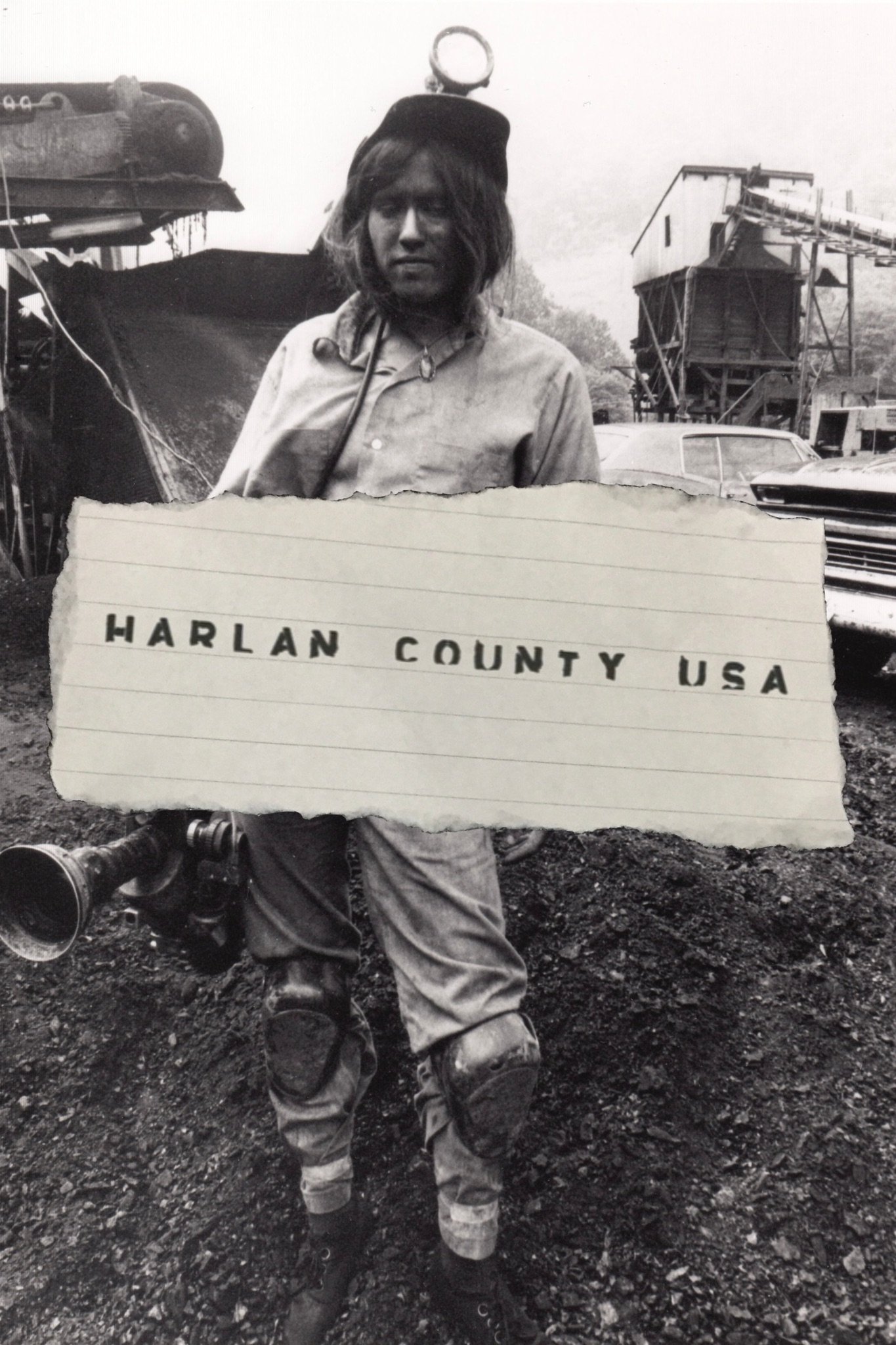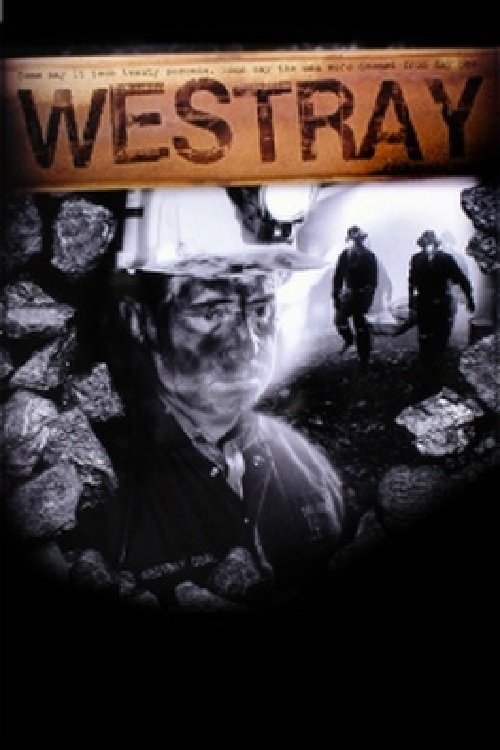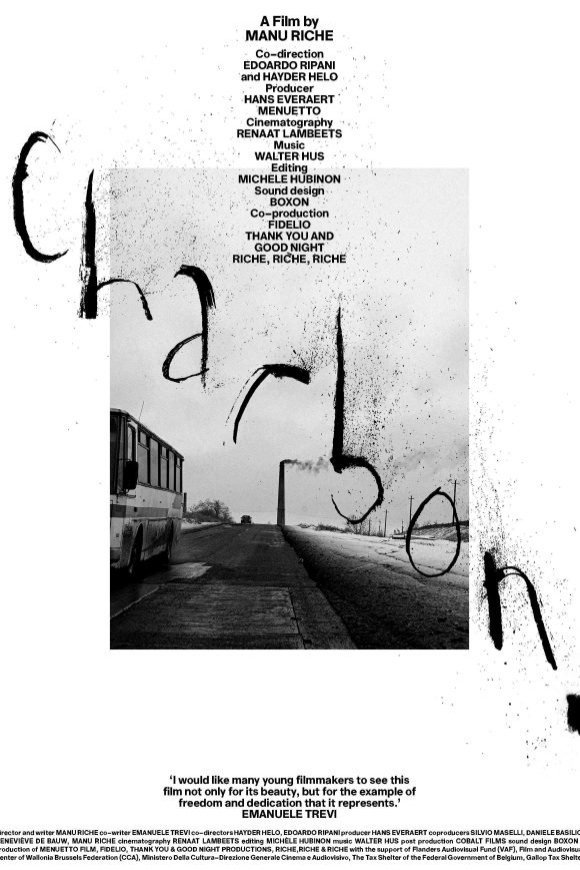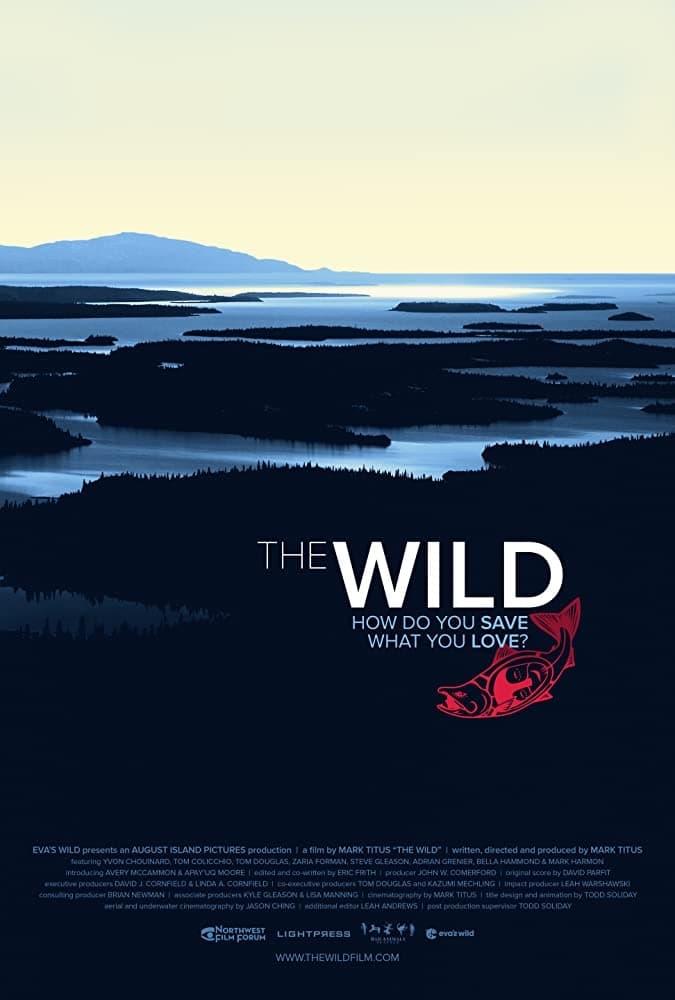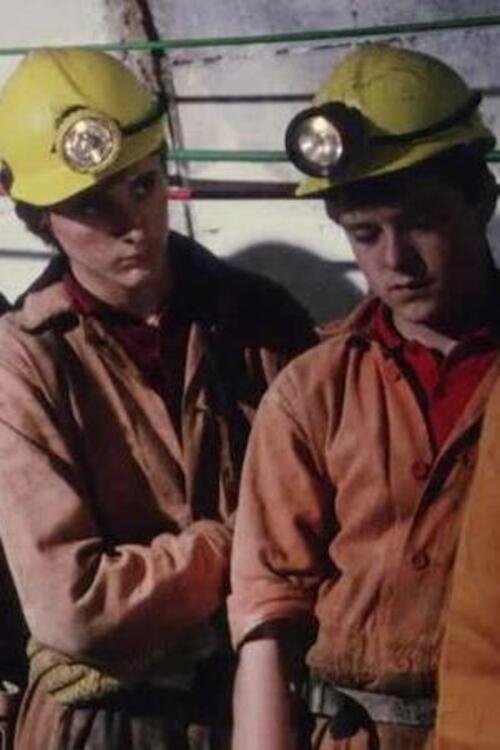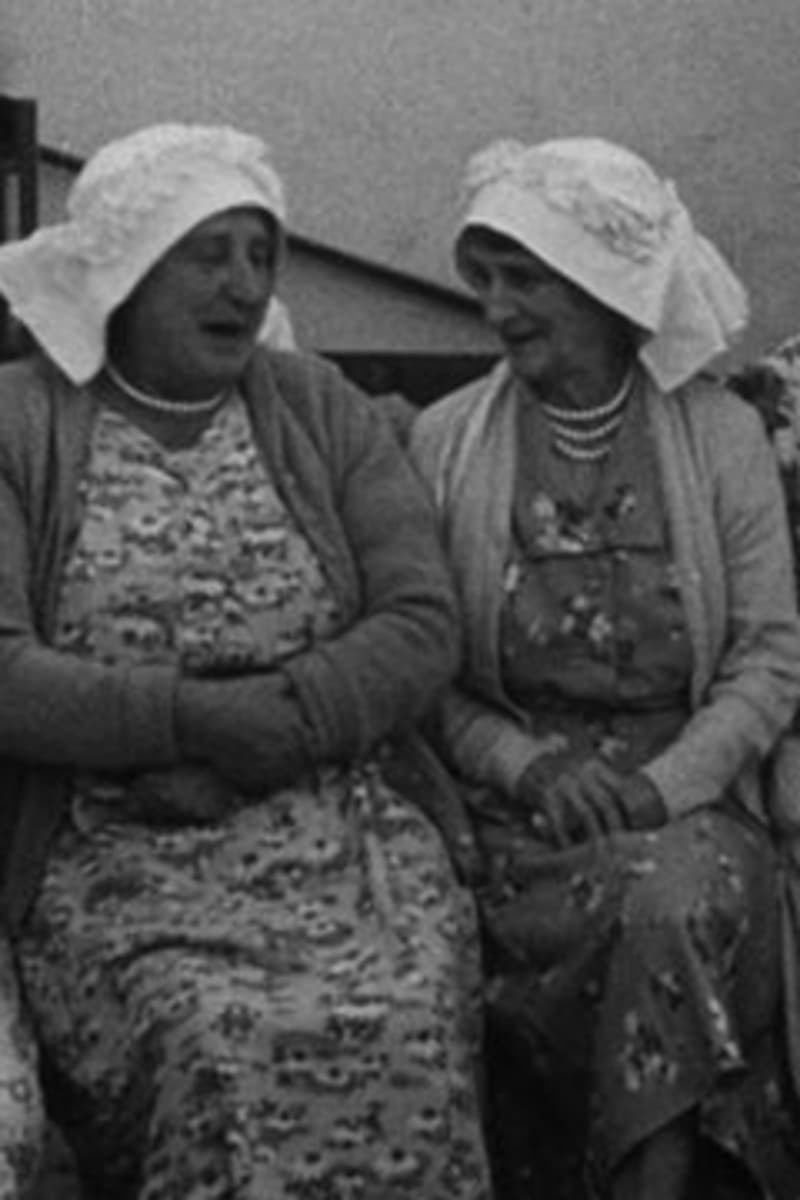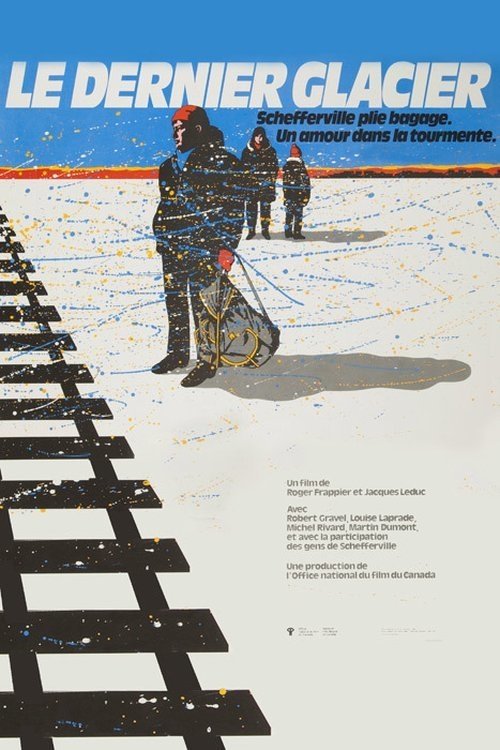In the Low
1946
0h 20m
0.0(0 votes)
Documentary
Overview
Join the working men of a northern powerhouse: on the job in Gateshead workshops and at the long wall of a Northumberland pit.
Production Companies

Videos & Trailers
1 video
Cast & Crew
1 member
Acting
Lionel Marson
Narrator
No Image
Similar Movies
Recommended Movies

No Recommendations Yet
We're working on finding the perfect movies for you. Check back soon!
More movies coming soon
